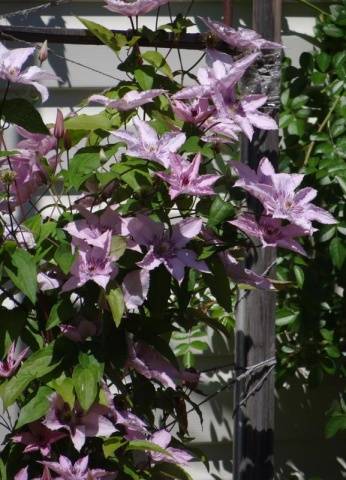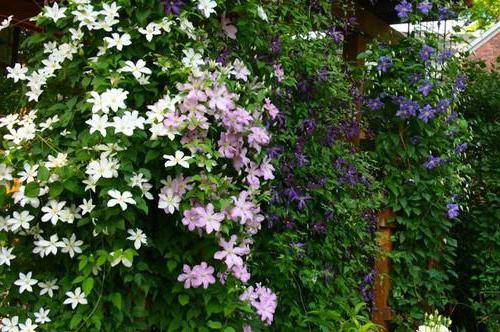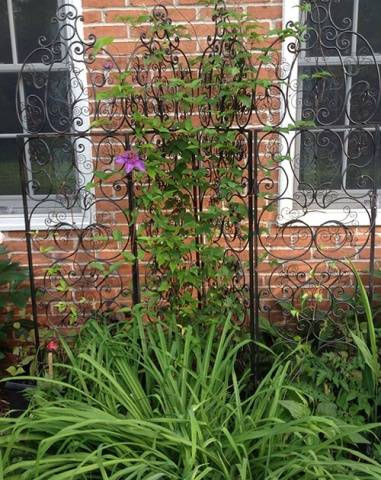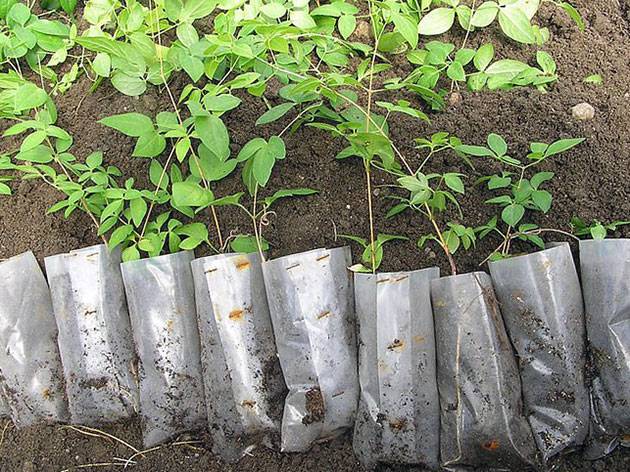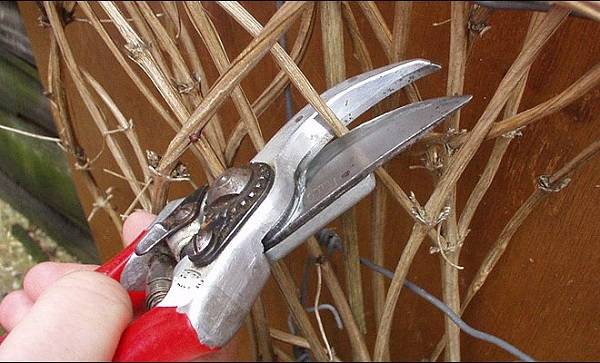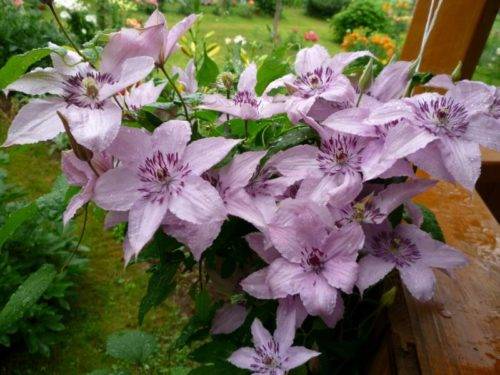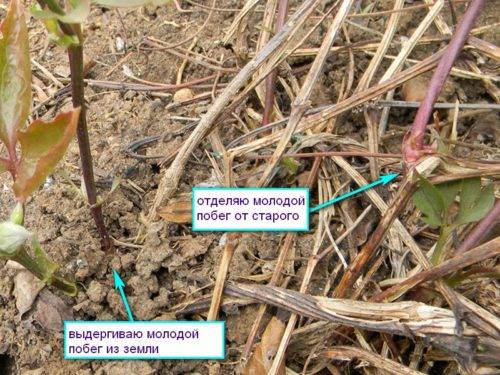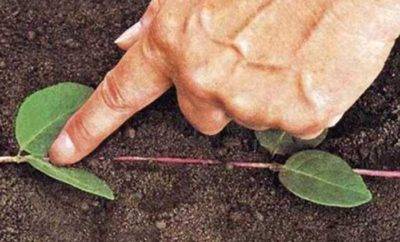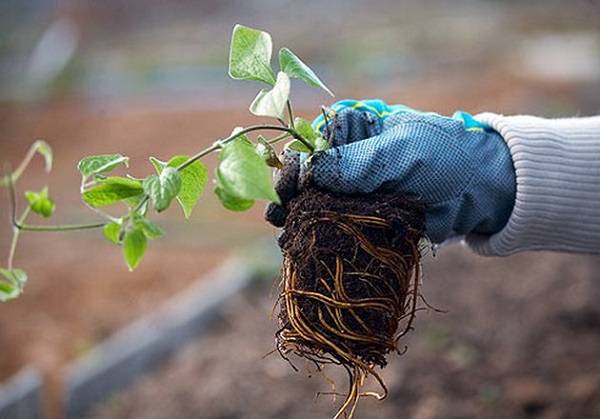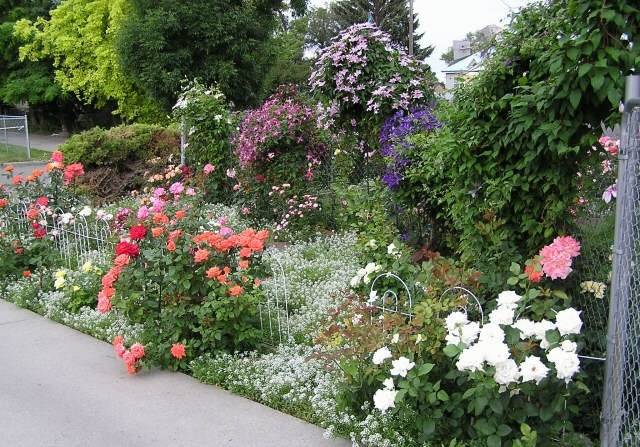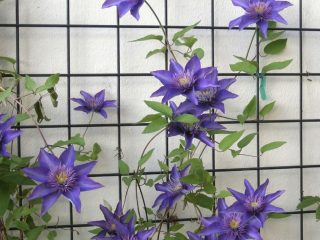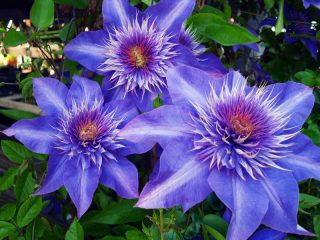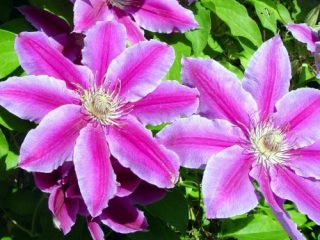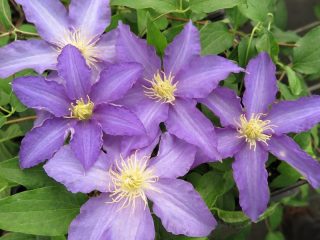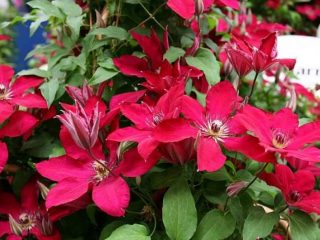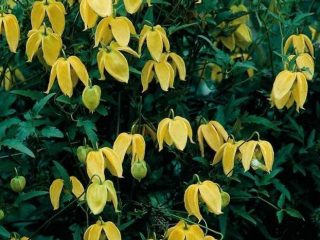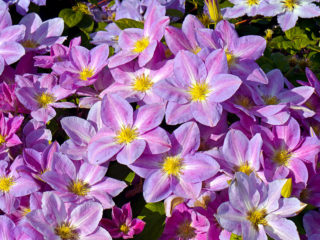Content
To create a unique landscape, many gardeners grow Hagley Hybrid clematis (Hagley Hybrid). Popularly, this plant, belonging to the genus of the Buttercup family, is called clematis or vine. Relatives of the flower grow wild in the subtropical forests of the Northern Hemisphere.
Description
Hagley Hybrid (Hegley Hybrid) is a product of English selection, bred in the mid-twentieth century by Percy Picton. The hybrid is called after its creator, Pink Chiffon. A plant with amazingly beautiful flowers.
Clematis Hegley Hybrid grows slowly, but has abundant flowering, starting in July and lasting until September. The inflorescences of the hybrid have a delicate pearly shade of pink-lilac color. Each of the six sepals has corrugated edges. Bright brown stamens are located in the center of a large flower, up to 18 cm in diameter.
Hegley Hybrid is a vine that grows upward, climbing up a support. Without this device, the decorative effect is lost. Supports of different configurations will allow you to create arches or hedges 2-3 meters high. Large, juicy green leaves are located on the brown shoots.
In order for Clematis Hybrid to delight the eye with its unusual beauty, the plant must be pruned correctly. After all, it belongs to the third (strong) pruning group.
Landing
The tree-like liana Hybrid, according to the description, characteristics and reviews of gardeners, is an unpretentious clematis. It does not need to be replanted often; it grows in one place for about 30 years. When planting, you need to take into account some nuances.
Choosing a place and time for landing
The decorative properties of clematis Hegley Hybrid are clearly manifested if the right place for planting is chosen. The hybrid prefers sunny areas where there are no drafts, and in the afternoon an openwork shadow appears. The southeast and southwest sides of the site are best suited for planting.
Immediately you need to think about support. Its design depends on the gardener’s imagination, the main thing is to guess the height. The shape of the support can be any, as well as the material for it. Most often, arches, sheathing or metal structures are constructed.
It is not recommended to plant Hybrid Hegley directly against the wall of the house. In this case, the Hybrid may suffer from high humidity, lack of air and attacks by pests and diseases.
Hegli hybrid seedlings with an open root system are planted early in the spring, before the buds open, or late in the fall, after the leaves have fallen. Summer plantings are fraught with long survival times, which can ultimately lead to the death of the Hegley Hybrid clematis.
Seedlings grown in planting containers with closed roots can be planted even in summer.
Selection of seedlings
Properly selected planting material guarantees high survival rate of clematis, and subsequently abundant flowering. If you purchase ready-made Hegley Hybrid seedlings, you need to pay attention to the following nuances:
- long roots no less than 5 cm;
- plants without damage or signs of disease;
- the presence of two shoots with living buds;
- The seedling is at least two years old.
It is better to purchase Hegley Hybrid clematis seedlings from trusted sellers or specialized stores.
Soil requirements
The Hegley hybrid loves light and fertile soil. Salty and heavy soils are not for our handsome man. The most suitable soil for this type of clematis is considered to be well-fertilized sandy soil.
The ideal composition of soil for clematis:
- garden soil;
- sand;
- humus.
All ingredients are taken in equal proportions and mixed thoroughly. You can add superphosphate (150 g) and wood ash (2 handfuls).
How to plant
Although clematis Hegley hybrid can be replanted without compromising its decorative appearance, when planting it must be taken into account that it can be grown in one place for up to 30 years. Therefore, the planting pit is well filled, so that only then it can be fed.
Planting Clematis Hybrid in stages:
- A hole is dug 50 cm deep, the diameter depending on the size of the root system.
- Drainage made of stones or crushed stones and brick fragments is laid at the bottom. The height of the drainage cushion is at least 20 cm. Pour out a bucket of water.
- Half of the hole is filled with a nutrient mixture and watered again.
- A mound is raised in the center, on which the clematis is placed and the root system is carefully straightened. All roots should face down.
- The clematis seedling is sprinkled with soil and the soil around it is carefully patted with your palms.Attention! The root collar of the Hegley hybrid is buried 10 cm.
- After planting, clematis are watered generously to remove air pockets from under the roots.
- The last procedure is tying up the shoots.
Care
Clematis Hegley Hybrid is an unpretentious plant, so it is worth starting a vine on your site. Although some agrotechnical nuances still exist. We will talk about them.
Top dressing
The hybrid grows slowly, so fertilizing is vital for it throughout the growing season:
- In early spring, clematis needs nitrogen-containing fertilizers to activate the growth of the vine.
- When shoots begin to form and buds begin to form, clematis Hegley Hybrid is fed with complex fertilizers.
- Before the end of flowering, wood ash and phosphorus-potassium fertilizers are applied to the hybrid.
Loosening and mulching
Clematis Hegley Hybrid is demanding when it comes to watering. To retain moisture, the soil is loosened to a shallow depth, and mulch is added on top. It not only maintains soil moisture and reduces the need for watering, but also saves the root system from overheating.
Watering
Hegley Hybrid is a moisture-loving plant. To preserve their decorative appearance, flowers are watered three times a week, 2 buckets for each vine.
Trimming
The agricultural technology for growing Hegley Hybrid involves heavy pruning, since the plants belong to the third group.Clematis needs rejuvenating pruning; only in this case can one hope for decorativeness and abundant flowering.
Shoots are cut out annually at the age of three years. Gardeners with experience in growing clematis use three-tier pruning. After the operation, 3-4 shoots are left in each tier, differing in age and length:
- first tier – 100-150 cm;
- second tier – 70-90 cm;
- the third tier is cut so that only 3 buds remain from the ground.
All other shoots are mercilessly cut out.
Shelter for the winter
Before sheltering for the winter, Hegley Hybrid clematis are treated with copper-containing preparations against fungal diseases. For this procedure, you can use a pink solution of potassium permanganate, Fundazol or vitriol. You need to water not only the shoots themselves, but also the root zone.
Clematis Hegley Hybrid belongs to the group of garden plants for which temperatures below 10 degrees are dangerous. In the southern regions, the liana overwinters well without shelter. But in a sharply continental climate, plantings need to be protected.
Cover the bushes with mulch from dry leaves until the first frost. Then install the box and cover it with film. Holes are left on the sides for ventilation. The film is pressed completely to the ground only in case of severe frosts.
The preparation procedure for wintering begins before the first frost appears. First of all, you should trim off the dried, painful and damaged branches. You will also need to manually remove the foliage, otherwise in the spring the flower will not have an aesthetically pleasing appearance.
Particular attention should be paid to young vines, they are more vulnerable and weak.
Disease and pest control
Clematis Hegley Hybrid has its own diseases and pests that you need to know about in order to grow a healthy ornamental vine.
Diseases and pests | Signs | Control measures |
Withering. | Stunted and drying shoots. The reason is the deep penetration of the root system. | Plantings are treated with copper sulfate. |
Gray rot | Brown spots on leaves. | Preventive spraying of clematis Hybrid with Fundazol. |
Rust | Red spots on leaves. | If the damage is severe, remove the diseased shoots. The rest of the bush is sprayed with copper sulfate or Fundazol. |
Powdery mildew |
| For processing use a soap solution |
Spider mite | Clematis become covered with cobwebs, the flowers cannot bloom and dry out, and the leaves turn yellow over time. | Spray Hegley Hybrid clematis with garlic tincture. |
Nematodes | All parts of the plant become diseased. | It is impossible to overcome the pest. Clematis are removed by the roots. It is possible to grow a flower in this place only after 5 years. |
Reproduction
Clematis Hybrid is propagated in different ways:
- dividing the bush;
- layering;
- cuttings.
Only an adult bush that is at least three years old can be divided. Flowering begins already in the year of planting. How to do this correctly can be seen in the photo.
To get a new bush in the spring, a young shoot is removed, bent down and covered with a layer of soil of at least 15 cm. To prevent the branch from rising, it is fixed with a bracket. After a year, the bush is planted in a permanent place.
Propagation of clematis Hegley Hybrid by cuttings is one of the common methods. Cuttings with two nodes can be taken after pruning. They are soaked in water with a growth stimulator for 18-24 hours, then placed in a nutrient medium.Rooting is completed after 6 months. The plant is ready for planting.
Application in landscape design
It’s hard not to appreciate the beauty and decorativeness of clematis Hegley Hybrid: https://www.youtube.com/watch?v=w5BwbG9hei4
Landscape designers assign a special role to clematis. The liana is planted as separate bushes or combined with other garden plants. Hedges, arches or fences entwined with vines look colorful.
Conclusion
Growing unpretentious clematis is not difficult if you know agricultural technology. At first, questions may arise, but the grown flowers will delight you with large, beautiful flowers and will help create unusual corners in the garden.
